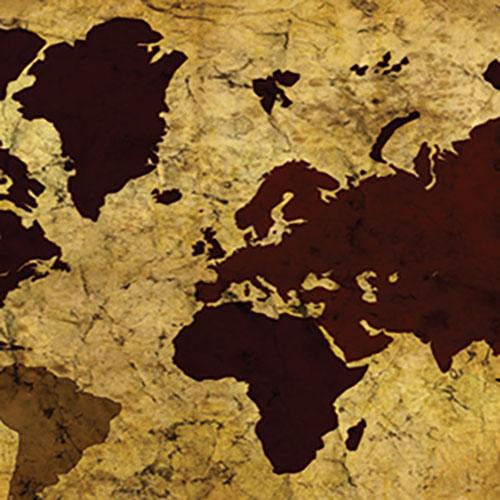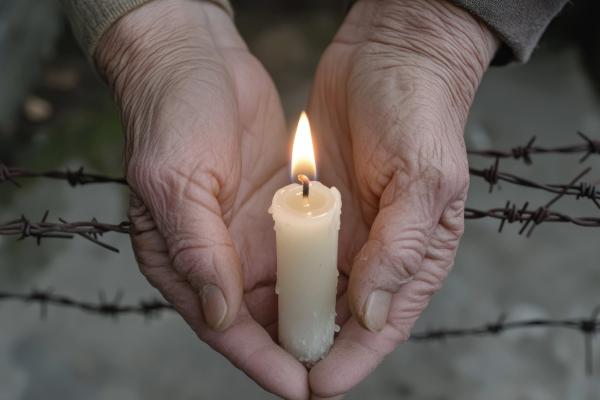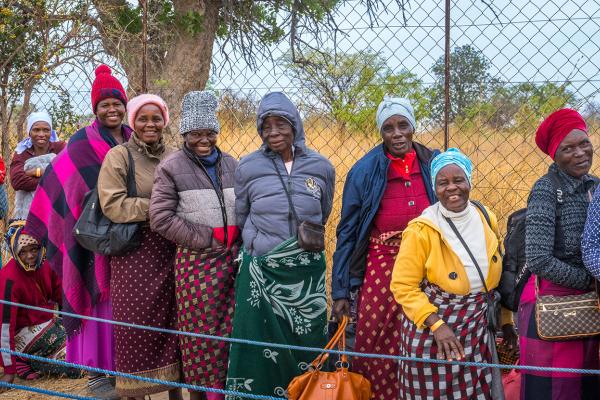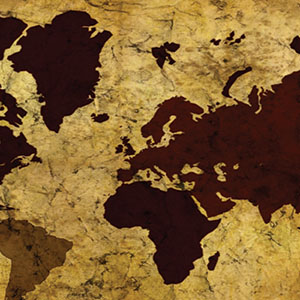 The “Lost Tribes of Israel” have fascinated historians and scholars for centuries. Who are they and how did they get lost?
The “Lost Tribes of Israel” have fascinated historians and scholars for centuries. Who are they and how did they get lost?
Who are the “Lost Tribes of Israel”?
As you remember, God changed the name of Jacob (who was the son of Isaac the son of Abraham) from Jacob to Israel. Israel had 12 sons, and these sons became the 12 Tribes of Israel. Long after God delivered the 12 tribes from slavery in Egypt and led them to the Land He promised to give to them, there came a time in Israel’s history when the tribes divided themselves into two kingdoms. Ten of the tribes settled in the northern region of the Land and were called Israel while the remaining two tribes, Judah and Benjamin, settled in the south and became known as Judah.
In 722 BC, Assyria conquered the Northern Kingdom (Israel) and either took captive or deported the members of the ten tribes.
How did the tribes of Israel become lost?
When the people of these ten tribes left Israel, they scattered throughout the world, often migrating and resettling more than once through the centuries. They assimilated into the regions where they settled, and because they never reunited as a people or nation like they once were, they were considered “lost” until relatively recently.
Where are the “lost tribes” now?
Many historians presumed that the “Lost Tribes of Israel” were thoroughly absorbed into their new countries and took on the culture, customs, and religions of the people of the region. With time and intermarrying, members of the “Lost Tribes” have the same ethnic appearance of their fellow countrymen. However, the People of God’s covenant have maintained a strong sense of their Jewish identity for these nearly three thousand years since their scattering. Sometimes they have done so in secret because of intense persecution. Sometimes, under threat of violence or death, they pretended to convert to other religions, but they have continued to this day to identify themselves as Jewish. After such an enormous span of world history, that in itself is amazing.
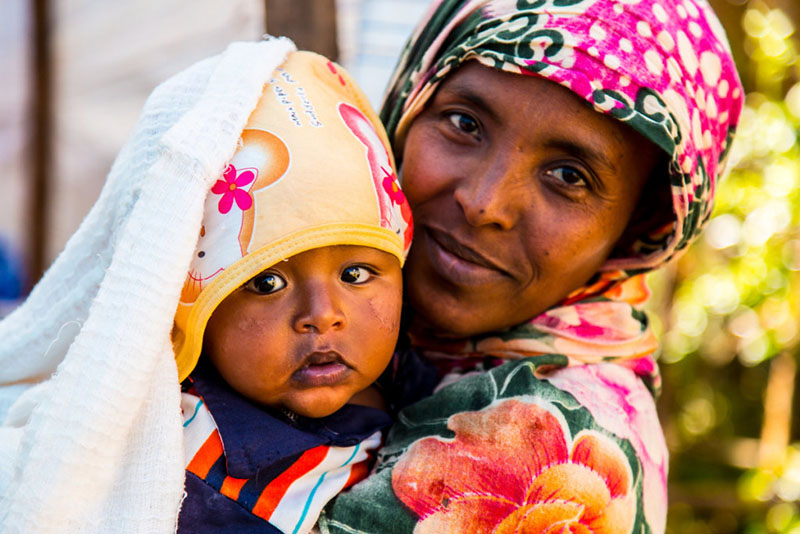
Jewish People from the “Lost Tribes of Israel” have been identified in surprising locations the world over, including China, Ethiopia, India, Zimbabwe, Somaliland, Afghanistan, Nigeria, and other places.
Many of these Jewish communities live in terrible poverty. Jewish Voice held its first medical outreach to members of the “Lost Tribes of Israel” in Gondar, Ethiopia in 1999. Today, we conduct several clinics per year and have been to various places in Ethiopia, Zimbabwe, and India. Our five-day medical clinics offer no-cost medical, dental, and eye care to thousands of needy patients. In 2015, we treated our 250,000th patient in Gutu, Zimbabwe and we also treated a record number of patients in a single day: 2,701!
At our clinics, we distribute personal water filtration devices that produce a year’s worth of clean, safe drinking water to help prevent the spread of disease. We also offer prayer, something not many medical missions do. Where a person spends eternity matters even more than their physical needs. That’s why each patient is invited into our prayer room where outreach partners and translators pray for their needs and share the Gospel of Yeshua with them. In this way, we have seen tens of thousands come to new faith in Yeshua.
 If you’d like to learn more about the “Lost Tribes of Israel” and where Jewish Voice ministers to them, we think you’ll enjoy our new photo book: The Lost Tribes of Israel. Find out more here.
If you’d like to learn more about the “Lost Tribes of Israel” and where Jewish Voice ministers to them, we think you’ll enjoy our new photo book: The Lost Tribes of Israel. Find out more here.
If you’d like to learn more about our medical outreaches to Jewish People from among the scattered tribes of Israel, visit our website or click here.



